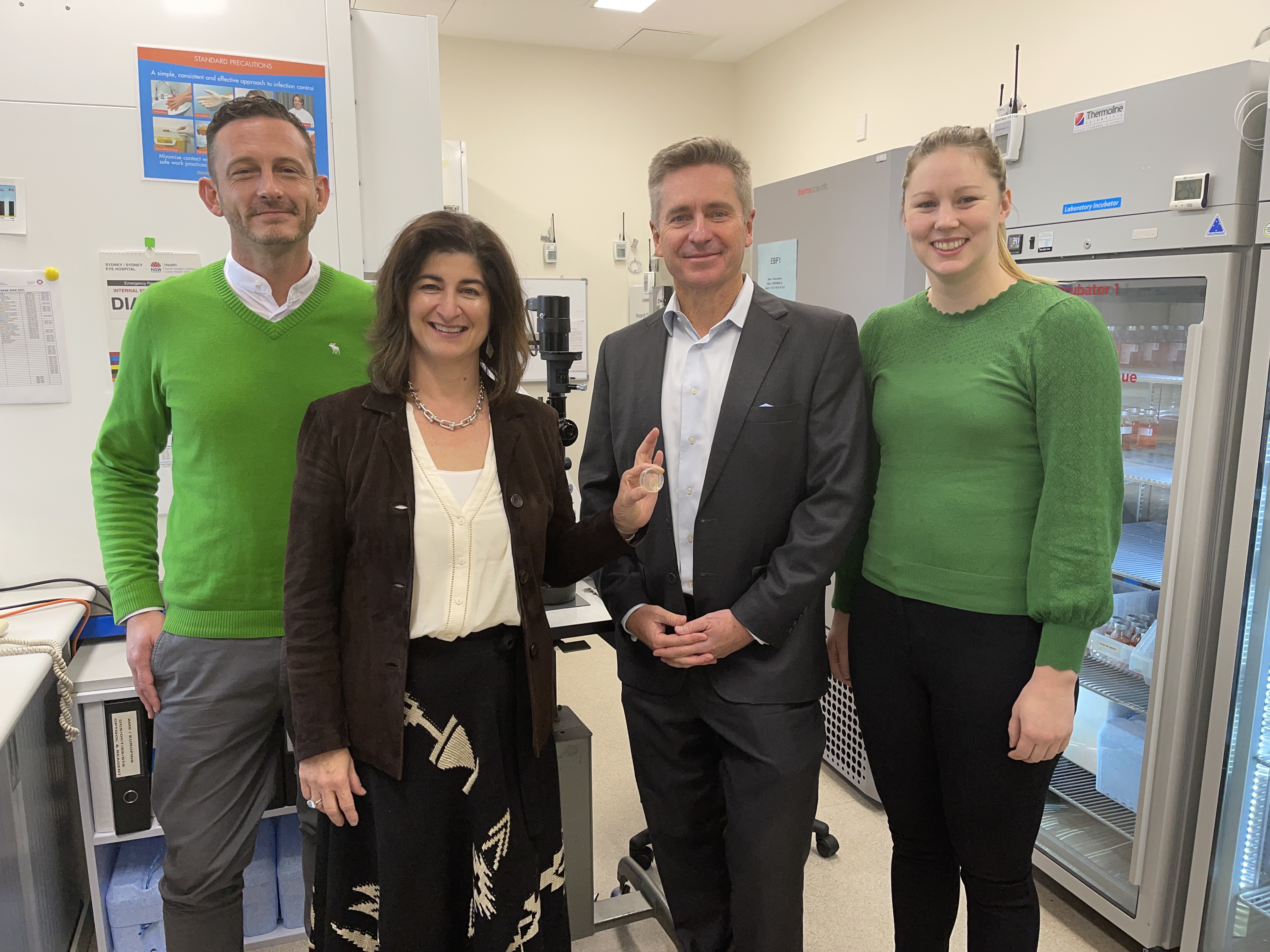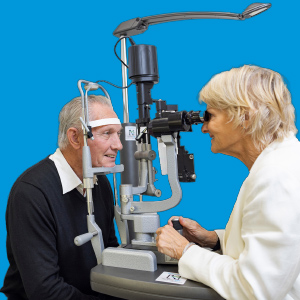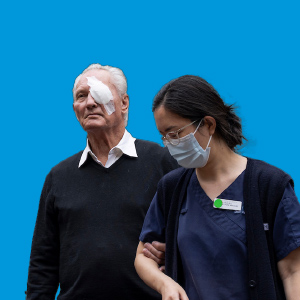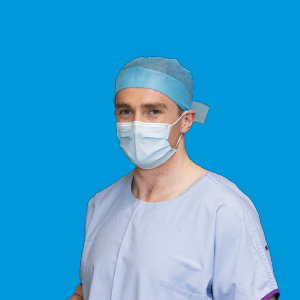We support life-changing research and state-of-the-art technology
Our grant program
Sydney Eye Hospital Foundation is the only charity dedicated to supporting Sydney Eye Hospital and has donated over $20 million to research such as Professor Sutton’s corneal pen, to people such a nurse Amy and her Eye Donor App and of course to funding state of the art equipment.
Each year we need to raise over $1 million to continue to fund these projects including the Foundation Fellowship Program, enabling 8 specialist doctors to gain invaluable experience who in turn, help train junior doctors across all sub-specialities.
We offer a diverse and priority driven annual grant program to benefit ophthalmic patients by granting funds to research, equipment and to support people and innovative programs.
Community support is vital in enabling the Foundation to help patients; donations ensure the latest technology is available for our medical specialists to enhance patient diagnosis, treatment and procedures and in supporting our frontline workers in their education and professional development.
Grants must benefit Sydney Eye Hospital state-wide service delivery or have national and global benefit for ophthalmic patients.

Research changes lives
The Foundation funds translational research to help patients sooner not later. Our bench to bedside focus enables the Hospital to continually improve diagnosis, treatment and procedures to directly help patients 24/7. World class hospitals like Sydney/Sydney Eye Hospital build a reputation by their ability to translate their research into treatment and potential cures for the thousands of patients who rely on the specialist expertise each year.
Foundation grants round invites applications for research funding for competitive review by our Research Committee.
The lead researcher must work in an Australian institution and undertake research in collaboration with a Sydney Eye Hospital specialist. Each application is subject to peer review and is assessed on how the project benefits patients at Sydney Eye Hospital and how it will be measured.
Our Research Projects
Keratoprothesis Program
Sydney Eye Hospital Keratoprothesis Program established in 2014 and is Australia’s only provider for patients with corneal blindness who are unsuitable for a routine transplant. Over sixteen patients with bilateral blindness have benefited from this life changing innovative project, thanks to donors of the Sydney Eye Hospital Foundation. offering two prostheses - Boston Keratoprosthesis and Osteo-odonot keratorprosthesis.
Eye Donor App
Eye Donor App, launched in 2021, is an initiative of Sydney Eye Hospital Foundation, University of Wollongong, University of Sydney, NSW Health and Donate Life. Corneal transplantation is a common surgical procedure globally with over 12 million people awaiting transplantation, however, a lack of eye donations can mean lengthy waiting times. A team at Sydney Eye Hospital led by Dr Con Petsoglou and nurse Amy Chumkasian sought to address the barriers to eye donation by improving eye donation knowledge and awareness through Australia’s first Eye Donor Australia app. With increasing reliance on smartphones to obtain health related information, the app is one initiative to assist behavioural change to increase the number of eye donors to help patients around the world.
Bioengineered Cornea Project
The bioengineered cornea project started at Sydney / Sydney Eye Hospital to develop a bio- engineered cornea, has to date resulted in the prototype developments of several potential treatments to prevent blindness. Corneal disease is the third most common cause of blindness among all age groups and the leading cause of unilateral blindness among Aboriginal and Torres Strait Islander people.
Following Foundation funding 2018-2021, the collaborative team led by Professor Gerard Sutton, was awarded a Federal Government grant of almost $1 million in 2021 to continue their ground-breaking research into corneal disease and blindness . The research project, started at Sydney / Sydney Eye Hospital to develop a bio-engineered cornea, has to date resulted in the prototype developments of several potential treatments to prevent blindness.
AMR Surveillance Program
Keratitis Antimicrobial Resistance (AMR) Surveillance Program 2017-2020 led by Professor Stephanie Watson, Head of the Corneal Unit and Dr Maria Cabrera-Aguas. AMR is a global health threat, with the World Health Organisation recommending programs to monitor whether AMR is emerging. When bacteria becomes resistant to antibiotics, it means medication is no longer effective. It’s a serious issue that’s predicted to escalate in the future. This project funded by Sydney Eye Hospital Foundation identified trends, risk factors and causes of infection in 1568 adults and 80 paediatric patients. The outcome included an instructional training video of 16 proven, effective steps for eye doctors and trainees to improve diagnosis.

Technology saves sight
Thankfully, 80% of vision loss is treatable if diagnosed quickly. All sight-loss is a race against time, and once diagnosed, must be treated without delay. But to maximise our chances, we need the right diagnosis, care and surgical expertise.
All of this is enhanced with the right technology and we’re committed to ensuring the staff and patients at Sydney Eye Hospital have access to the latest technology and equipment.
Thanks to generous community support we can purchase technology that directly contributes to training nurses and surgeons, and means every patient gets the most personalised and innovative medical solutions for their unique situation.
Recent Support
Australia’s first 3D microscope with OCT, now in theatre 6, improves visualisation of the whole surgery. It also provides all those in the operating theatre the same view as the surgeon.
Instead of looking down a little tiny view, you’ve got a 55-inch plasma screen to perform the operation.
Enhancing patient and staff experience the Foundation welcomed the opportunity to grant over $240,000 to enable a new automated queueing system in clinics due for implementation in 2022. Designed to improve patient clinic waiting times with an estimated 50,000 patients attending outpatient clinics each year, 6,400 inpatients, 6,000 requiring surgery and the 14,500 attended to in emergency services, these grants benefited more than 70,000 people.







